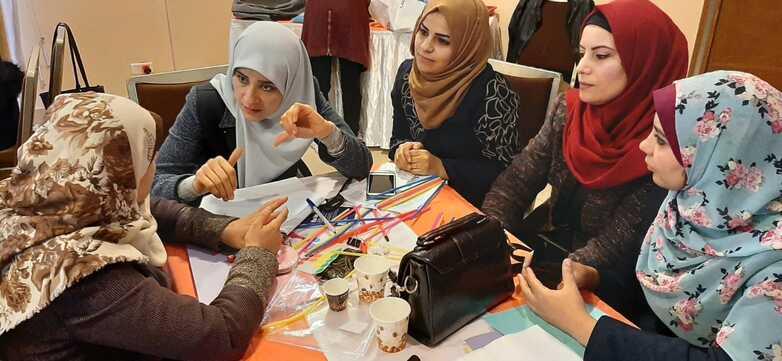Context
The Ministry of Education and Higher Education (MOEHE) adopted an education strategy in 2008, one focus of which is the training of teaching staff. This is seen as fundamental to the adaptation of vocational training programmes to meet the needs of the labour market. Palestine still lacks the necessary legal framework for establishing high-quality teacher training for the long term. Appropriate laws are urgently required to improve initial and further vocational training. This is the only way to ensure the successful implementation of the education reform. The strategy pays special attention to developing the capacity of the Ministry of Education and the relevant authorities. This will enable them to manage the education system efficiently and sustainably.
The 2010 vocational training strategy sets out further goals. This aims to put in place a framework for employment and qualifications, while establishing the legal basis for vocational training and a uniform vocational training system. In addition, training institutions are to be developed organisationally and teaching and learning processes expanded. The strategy should improve vocational training courses and secure them for the long term.
In September 2018, MOEHE introduced vocational training courses in general education schools to promote vocational training as a desirable alternative to an academic career.
Objective
The skills of vocational training professionals have improved.

